As important as sleep is for our health and overall wellbeing, most of us don’t get close to the recommended 7–9 hours.
Did you know that 35% of U.S. adults don’t get the sleep they need each night? Sleep problems are so prevalent in the U.S. that lack of sleep has been dubbed a “public health epidemic.”
If you’re one of the millions of people counting sheep each night and are interested in natural sleep aids that might help, you’ve likely heard melatonin is one of the best. After all, melatonin is a hormone produced naturally in the brain, and it plays a huge role in our natural sleep/wake cycle.
Here’s the thing.
Melatonin doesn’t work for everyone.
Why Melatonin Doesn’t Always Work When You Can’t Sleep
If melatonin plays such a big role in the sleep/wake cycle, why don’t melatonin supplements work for everyone suffering from sleep problems?
It’s simple, really. Not everyone that has difficulty sleeping is deprived of melatonin. A lot of the time, people can’t sleep because of underlying issue they might be experiencing, not because their melatonin levels are low.
If you’re someone who’s tried melatonin to no avail, the following natural sleep aids could just help you rest easy and get the sleep you need.
5 Natural Sleep Aids To Try When Melatonin Doesn’t Work
1. Chamomile
A member of the daisy family, chamomile is one of the oldest and most widely used medicinal plants in existence. It’s well regarded as a natural remedy to help promote calm.
Chamomile contains a notable sedative-like effect, that is believed to be triggered by a flavonoid called apigenin which binds to specific receptors in the brain which helps decrease stress and increase sleepiness.
If melatonin doesn’t work for you, you might want to consider sipping on some chamomile tea or taking a chamomile extract. One study even found the use of chamomile extract “significantly” improved sleep quality in elderly individuals.
2. Valerian Root
Valerian root is one of the most common natural sleep aids in Europe and the U.S. Native to Asia and Europe, it’s generally taken for sleep difficulties and stress. Research suggests these effects could be caused by its valerenic acid content, which interacts with GABA receptors.
While studies are a mixed bag when it comes to the effectiveness of valerian root as a natural sleep aid, there is evidence that it can be effective for improving sleep. One double-blind study on the effectiveness for valerian for sleep, however, did find that 89% of participants reported improved sleep after taking valerian root. Half of the participants whose sleep improved reported “perfect sleep.”
It’s believed valerian has a positive effect on sleep because of its relaxing properties. Often referred to as “nature’s Valium,” valerian root is one to try if you’re looking for a natural way to ease into a peaceful state of sleep.
3. Lavender
Native to the Mediterranean and northern Africa, lavender is a popular perennial worldwide that is commonly used in aromatherapy, as a supplement or in herbal tea blends. If you’re interested in a natural sleep aid when melatonin simply doesn’t work, you might want to consider the calming benefits of lavender.
When used in aromatherapy, lavender has shown to have a significant effect on sleep quality. One study described lavender as a “mild sedative,” noting that it helps promote deep sleep in young men and women.
Anyone who can’t sleep due to stress might be interested in lavender, as studies indicate taking lavender orally (such as in the form of a supplement) could be effective in promoting calm.
4. Magnesium
Magnesium is an essential mineral and low levels can wreak havoc on one’s health. It’s estimated that half the U.S. adult population doesn’t get enough magnesium in their diet, which is found in foods such as legumes, vegetables, broccoli, whole grains and dark, leafy greens.
When it comes to getting a good night’s sleep, magnesium might help. Sleep issues are a major sign of magnesium deficiency. One study found that magnesium supplements sleep time and sleep quality.
Keep in mind that you should always speak with your doctor before you begin taking any supplements or making changes to your current supplement routine. While magnesium is typically well-tolerated in healthy adults, there are certain health conditions and drug interactions where magnesium should be avoided.
5. Passionflower
Whether you’ve got problems falling asleep or can’t seem to sleep through the night, sipping on some passionflower tea or taking a passionflower tincture before bed could help. Traditionally, passionflower was used by the Native Americans and Aztecs of Mexico as a sedative.
While not approved by the FDA, passionflower is commonly used in natural medicine preparations today to promote healthy sleep, stress, and restlessness. As it turns out, there are a few studies to support the use of passionflower to get a good night’s sleep.
One study of over 40 people found that consuming a low dose of passionflower tea was beneficial for healthy adults experiencing poor sleep quality. Another discovered that a preparation of passionflower, valerian and hops was comparable to Ambien, without any adverse effects.
What Natural Sleep Aid Is Right For You When Melatonin Doesn’t Work?
When it comes to what works best for sleep, everyone is different. If you’ve discovered melatonin doesn’t work for you, there are plenty of other natural sleep aids worth checking out. We’ve listed but a few.
Some people even find that taking a regular serving of CBD helps them get the sleep they need. Whether it’s a few CBD gummies eaten throughout the day or regularly taking a CBD tincture, you might find CBD helps lull you into a serene slumber whether you’re using other natural sleep aids or not.
Improved sleep is actually one of the pillars of the foundation of Joy Organics itself. When CEO and co-founder Joy Smith started to struggle with sleep and other issues, her son mentioned she might find what she was looking for with CBD. After trying several different brands, a few offered the relief she was looking for. The rest, you could say, is history.
Are you someone that’s found other natural sleep aids work when melatonin doesn’t? We’d love to hear about them in the comments below.
Thanks for reading! To show how much we appreciate you, we’re going to give you 16% off your next order. Just use code READER16 at checkout!






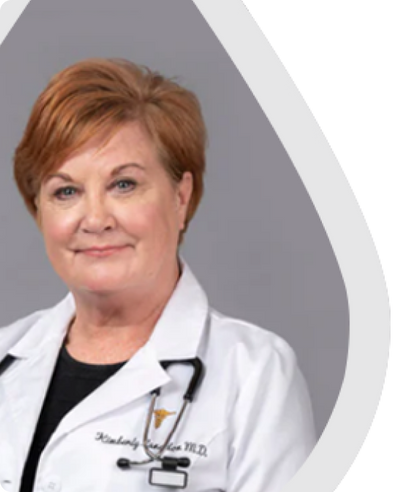
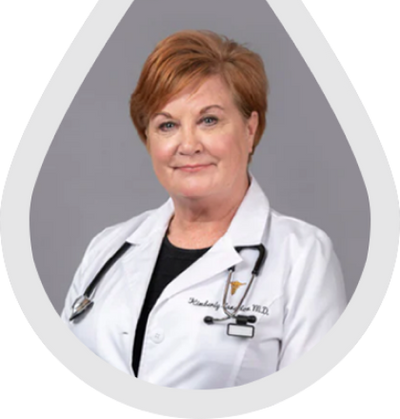



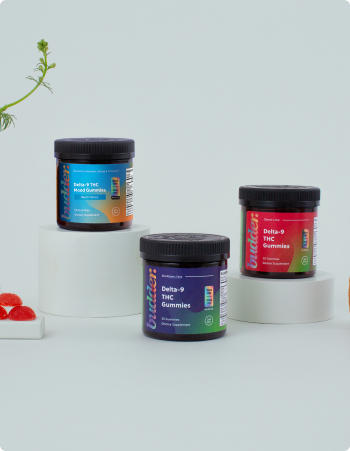














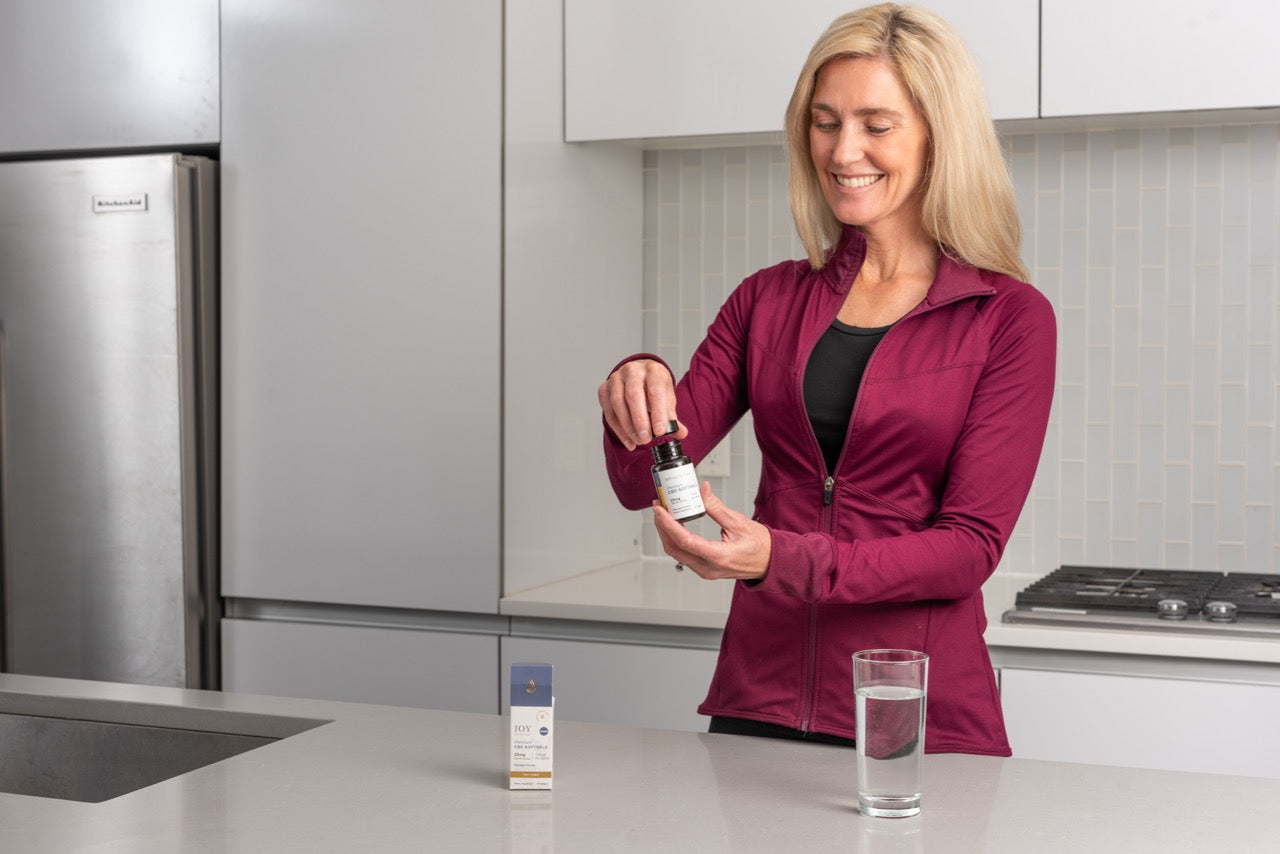
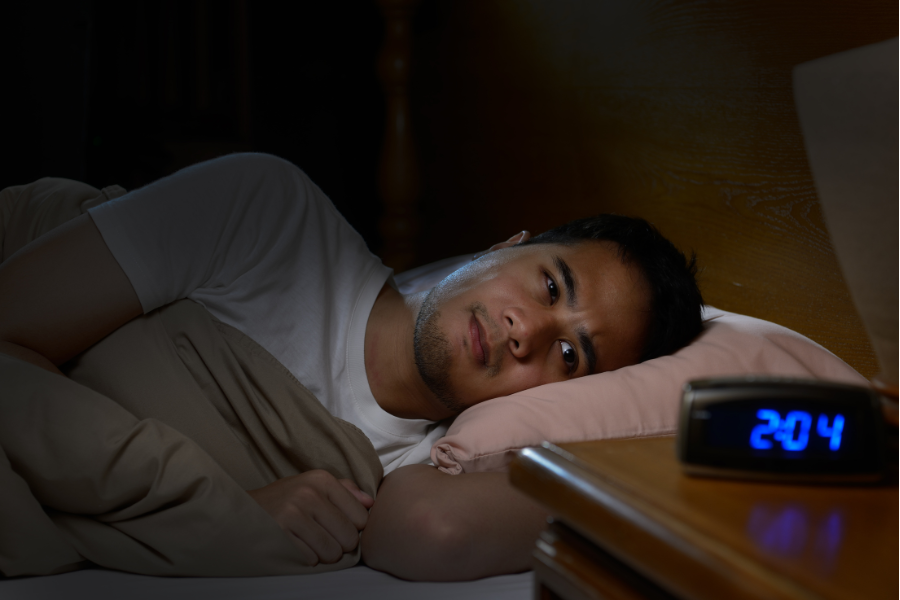
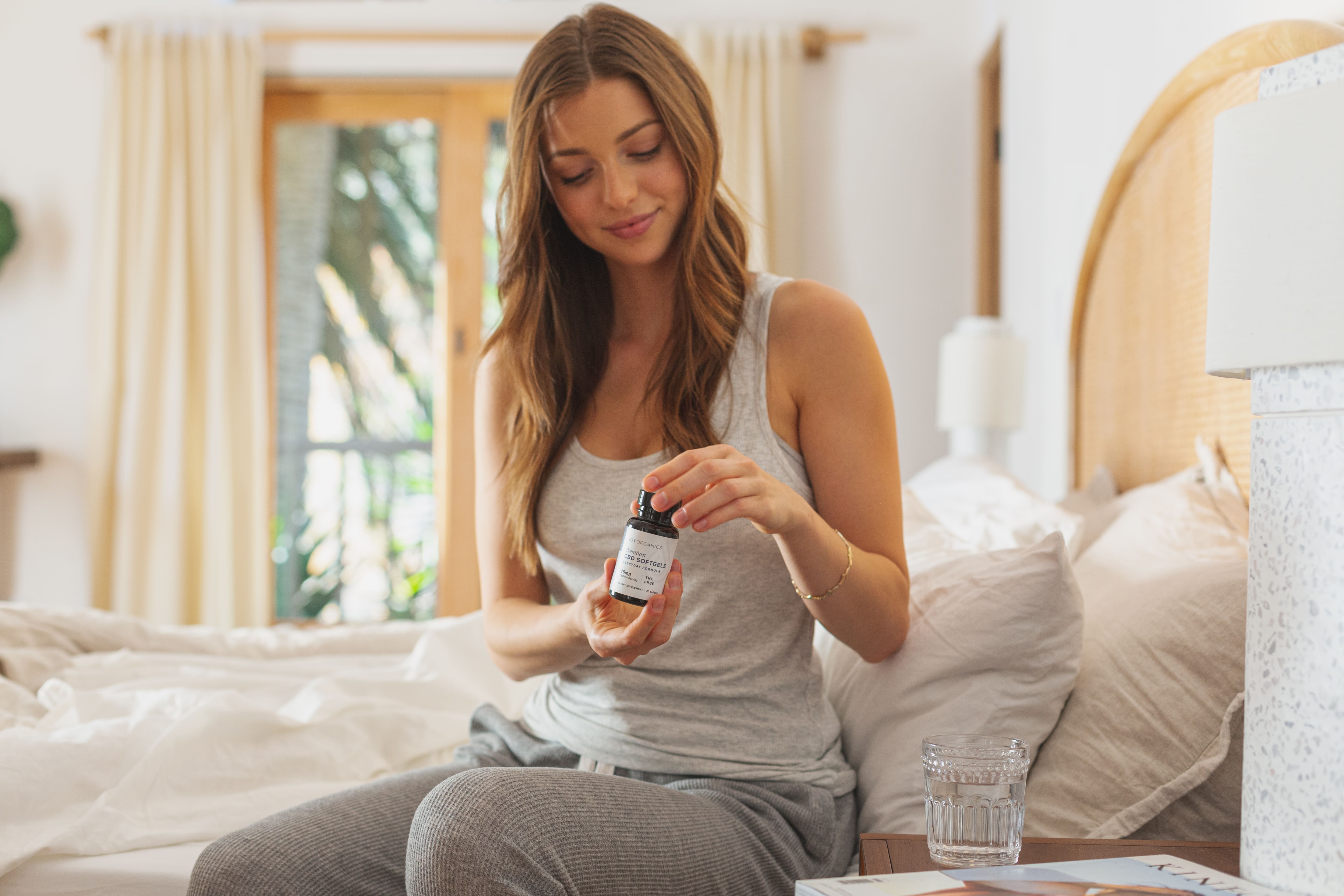


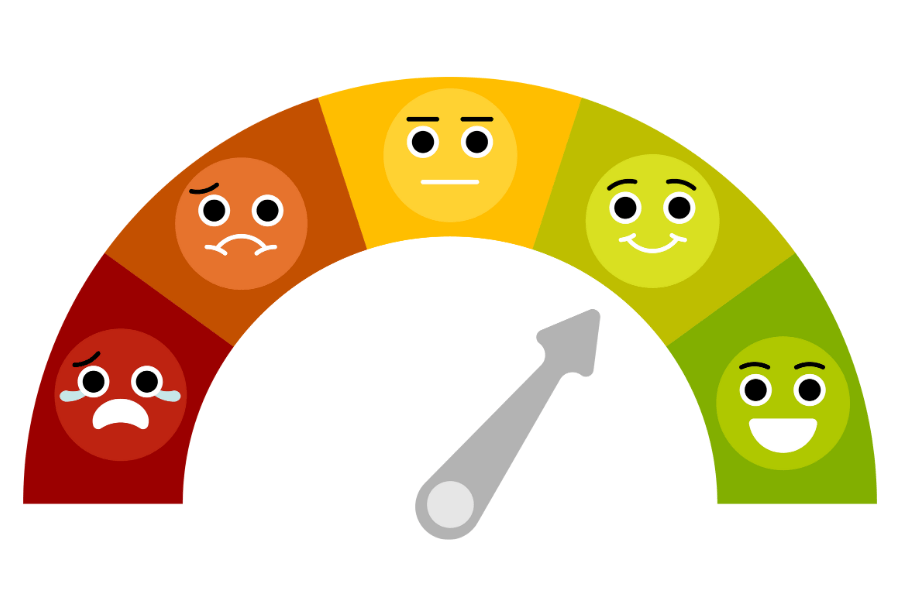


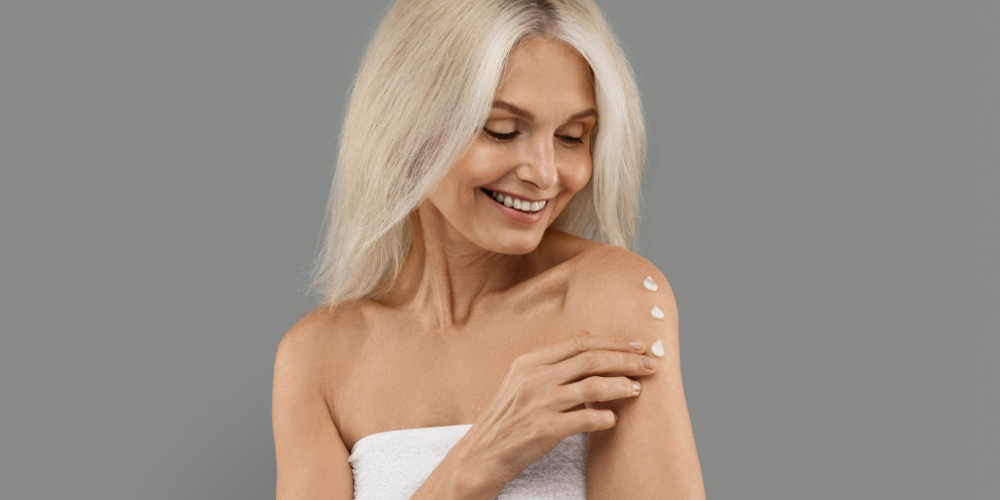
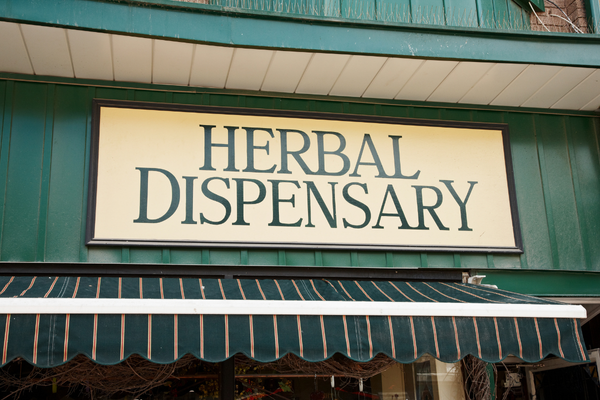

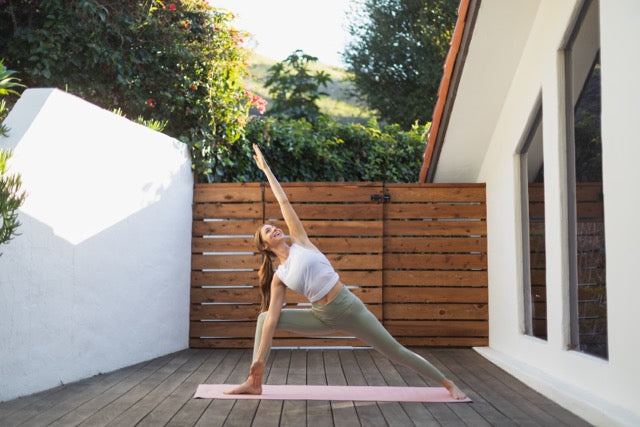


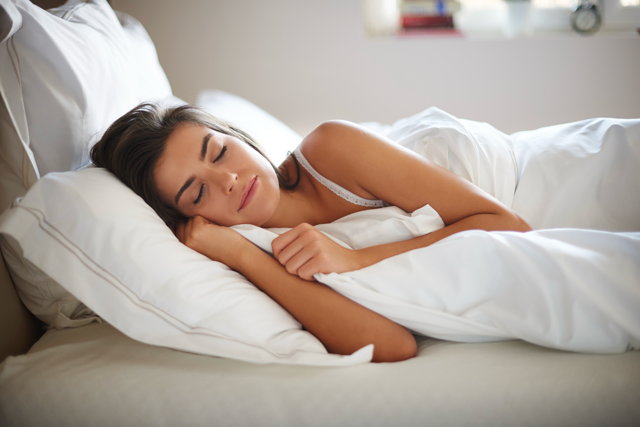








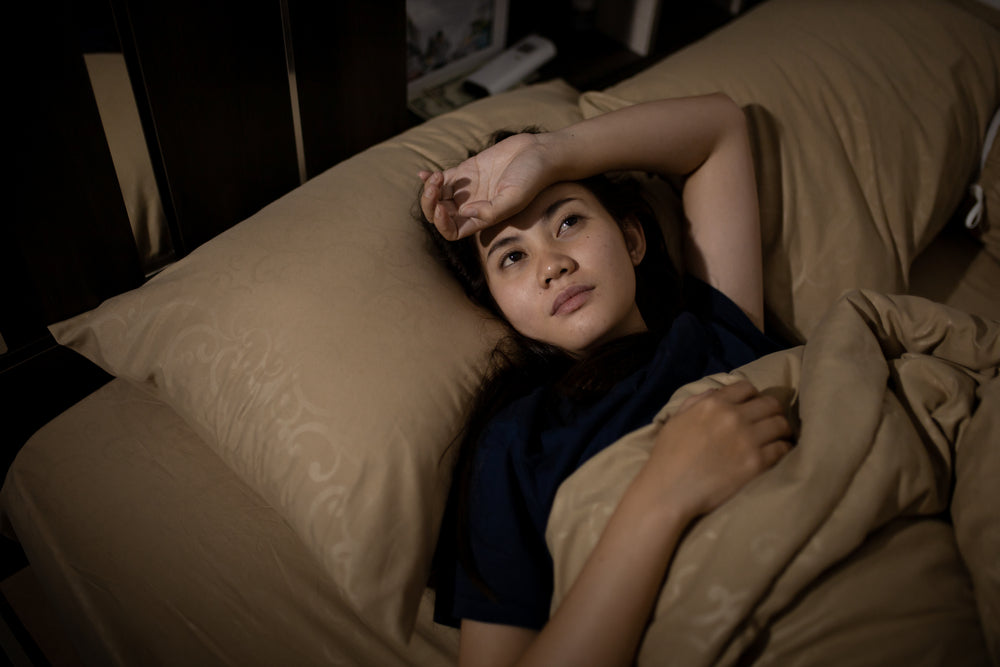

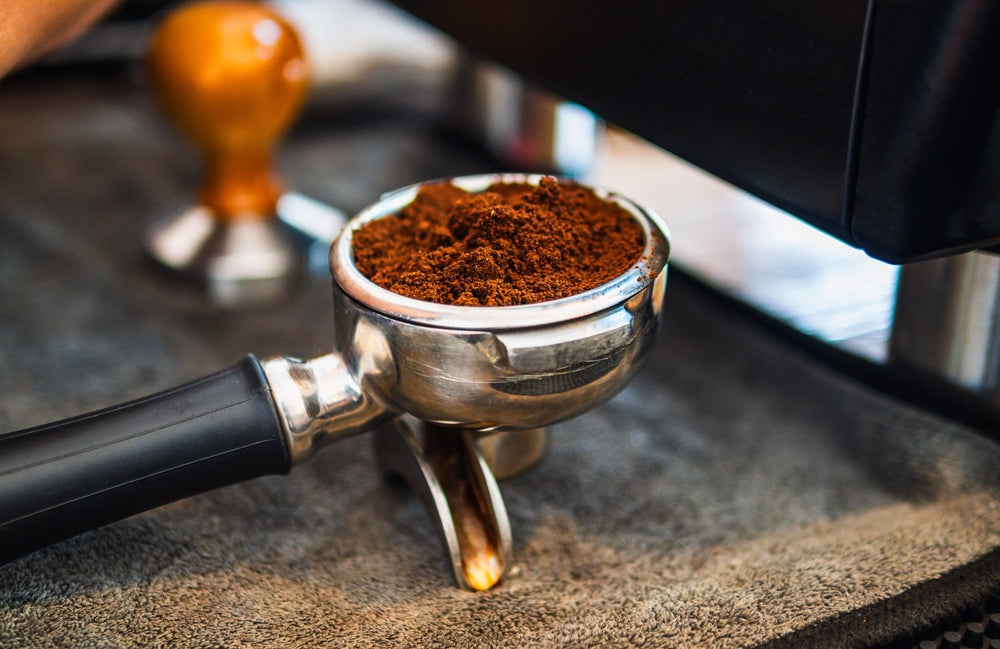

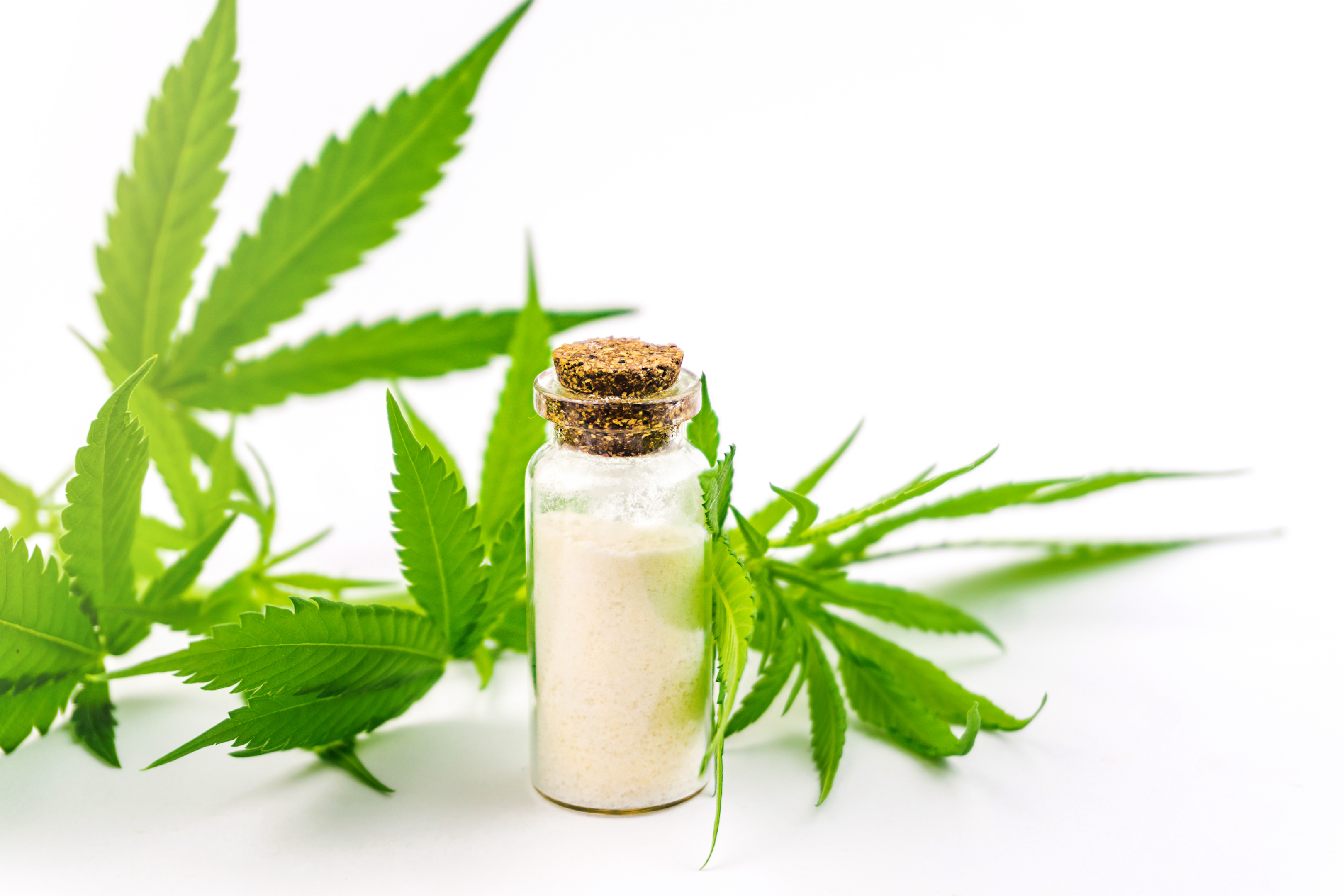

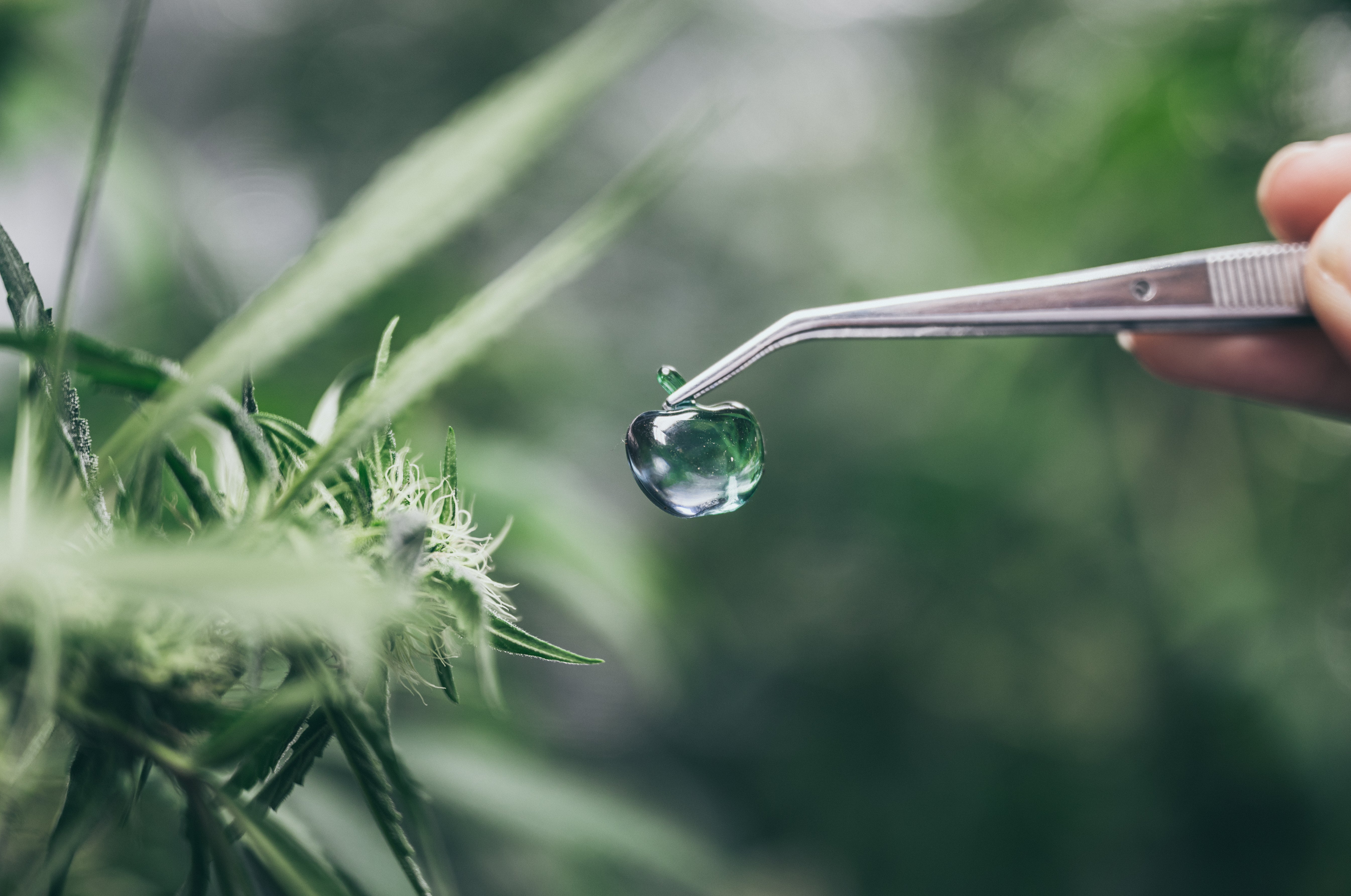
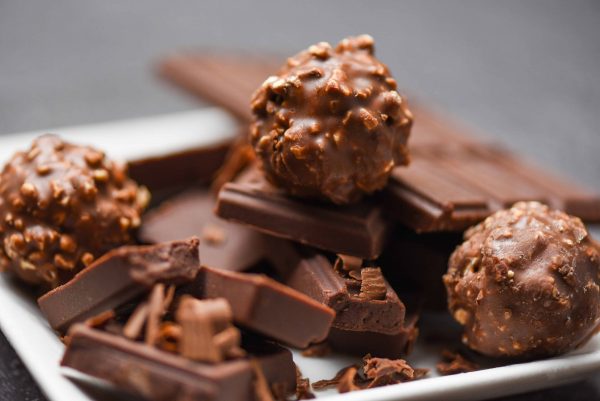
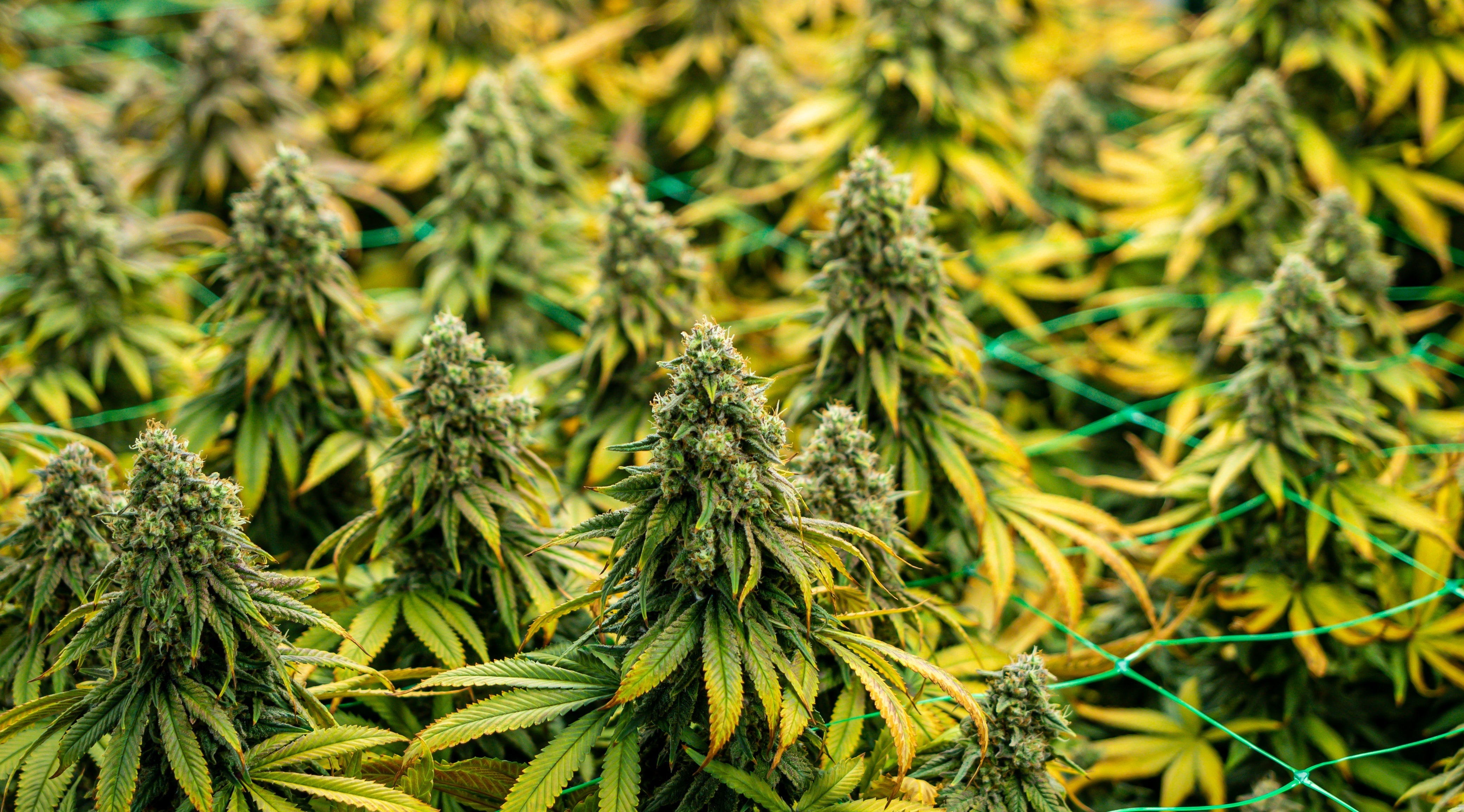


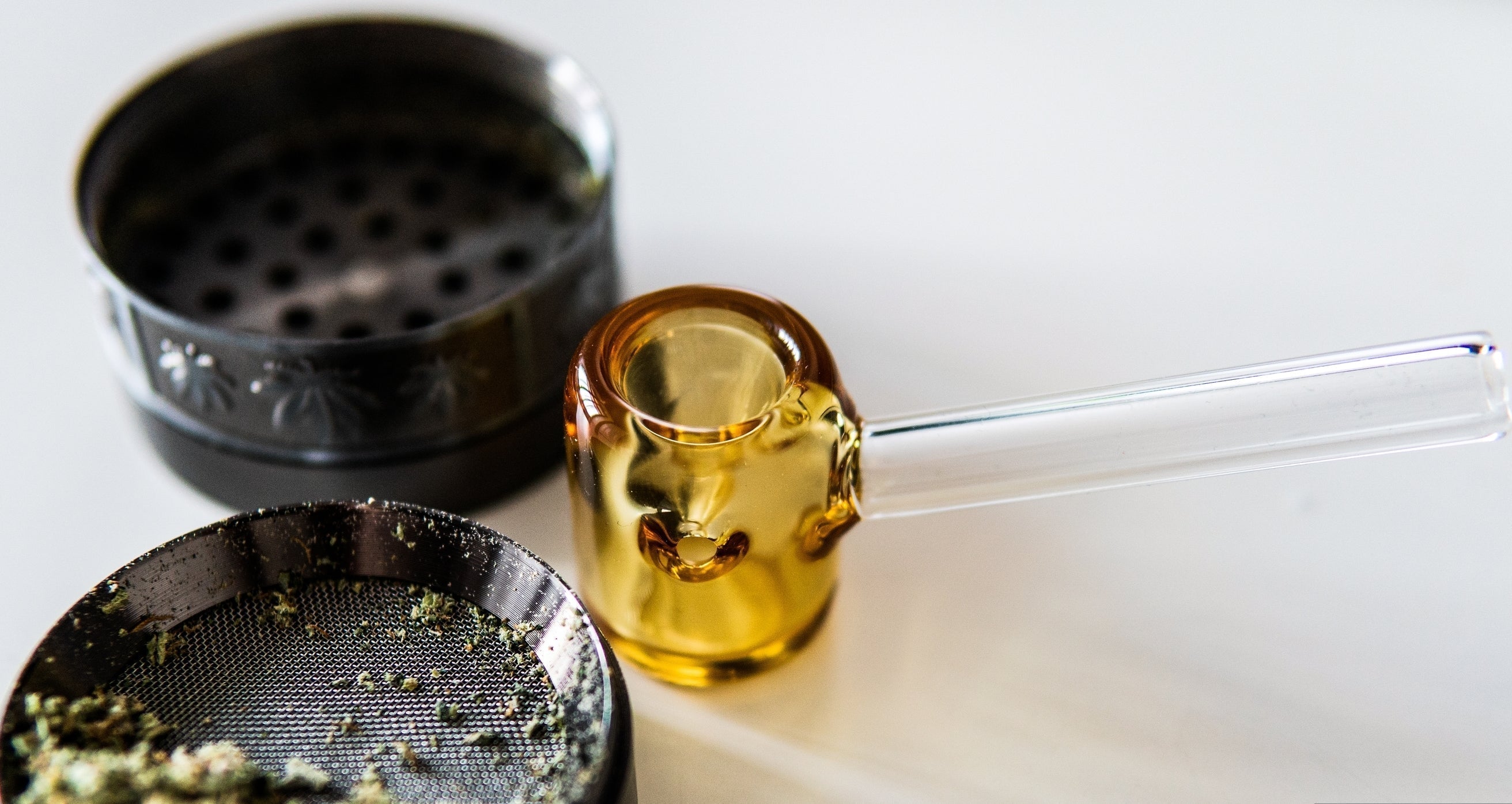
Join In On The Conversation
Your email address will not be published. Required fields are marked * Comments will be approved before showing up.